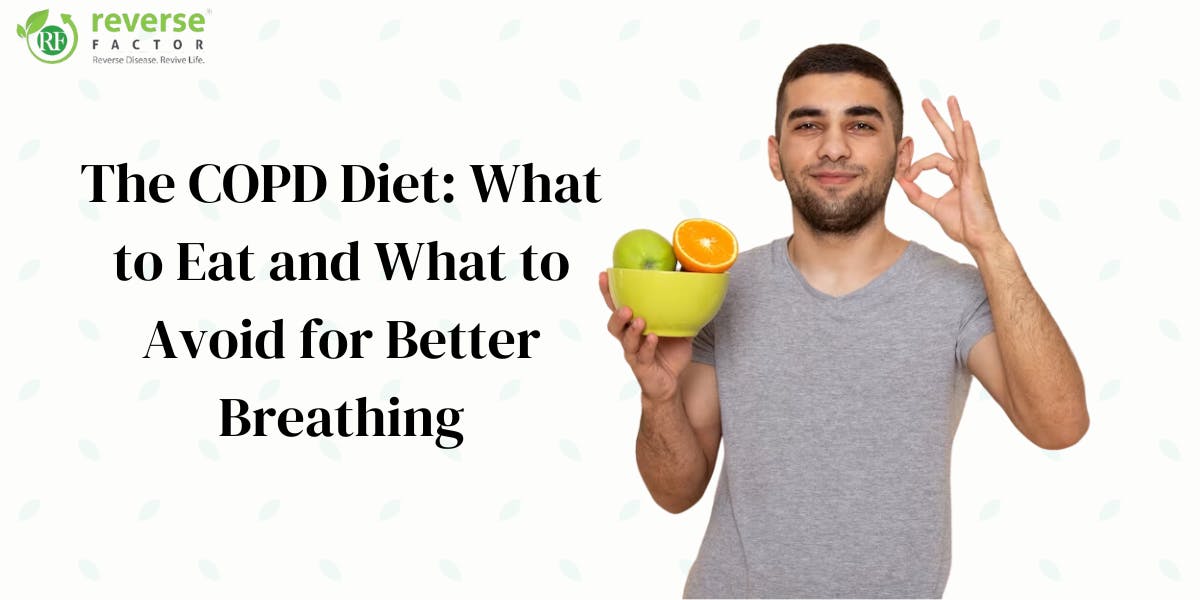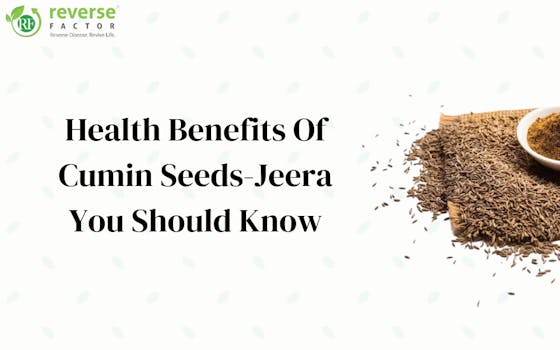If you or a loved one has COPD, you are aware of how difficult it may be to control the symptoms and maintain a quality life. The good news is that while some meals can increase symptoms, others can help improve lung function and reduce inflammation. A healthy diet is more than just a way to be in shape. It plays a crucial role in maintaining our general health and well-being, having an effect on everything from our mood and energy levels. Many health programs in India are now focusing on a healthy diet plan to prevent the risk of developing serious health issues. Starting from heart disease reversal program to a fatty liver disease reversal plan all give more priority to a healthy diet.
So, in today’s we’re going to share a list of the healthiest and unhealthiest diet for copd with some helpful dietary advice. Whether you're newly diagnosed or a long-time COPD sufferer, this health guide is surely going to help you live a healthy life. Let's get started!
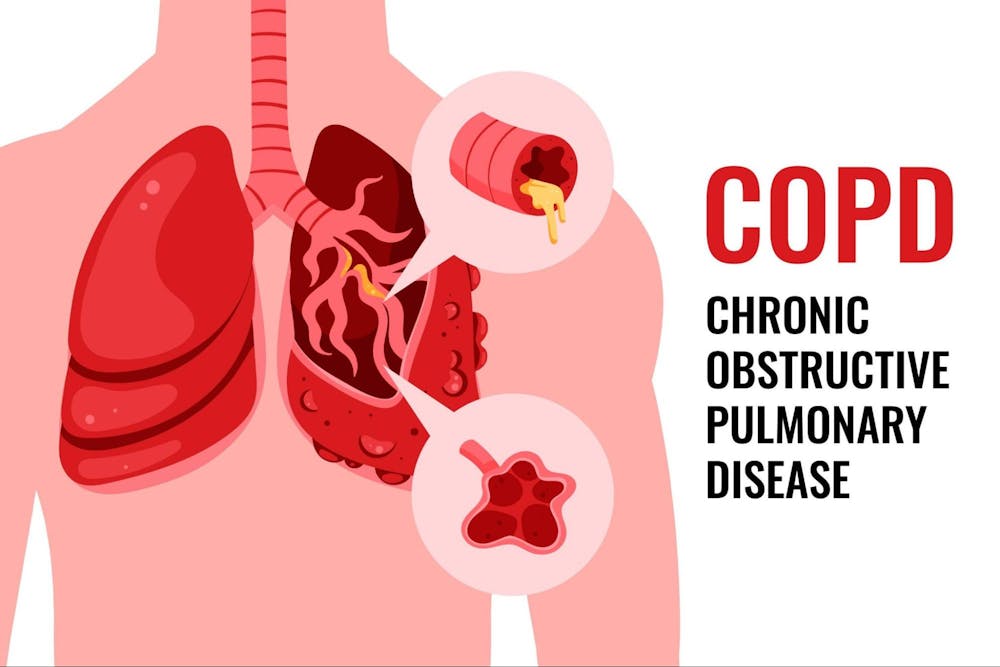
Recommended: How to Manage COPD: Lifestyle Changes and More
How COPD Can Affect Your Diet And Lifestyle?
Living with COPD can be difficult and it can impact your nutrition and lifestyle. You may have difficulty getting enough oxygen into your body due to COPD's effects on your breathing. This may result in shortness of breath, making it challenging to engage in physical activity, prepare meals, and even eat. Many COPD patients thus go through unexpected weight loss and malnutrition. Some diets and lifestyle choices might make COPD symptoms worse. It can cause more inflammation, shortness of breath, and other health issues. Therefore, it's essential to pay close attention to your diet and lifestyle decisions. Make lifestyle changes that can manage COPD symptoms and improve your overall health.

Must Read: COPD and Exercise: Tips for Staying Active By Reverse Factor
Why Is A Good Diet For COPD Patients So Important?
A good diet is important for everyone, but it's especially important for those who are living with COPD. COPD patients' bodies require more energy even while walking or breathing. A healthy food diet for copd patients can supply the nutrients and energy required to control their symptoms of COPD. A healthy COPD diet plan must include foods that lower inflammation, boost immune system health, and supply nutrients. Moreover, eating the correct meals helps lower the chance of developing diabetes and heart disease. A diabetes reversal diet plan must be followed to prevent or control the progression of diabetes.
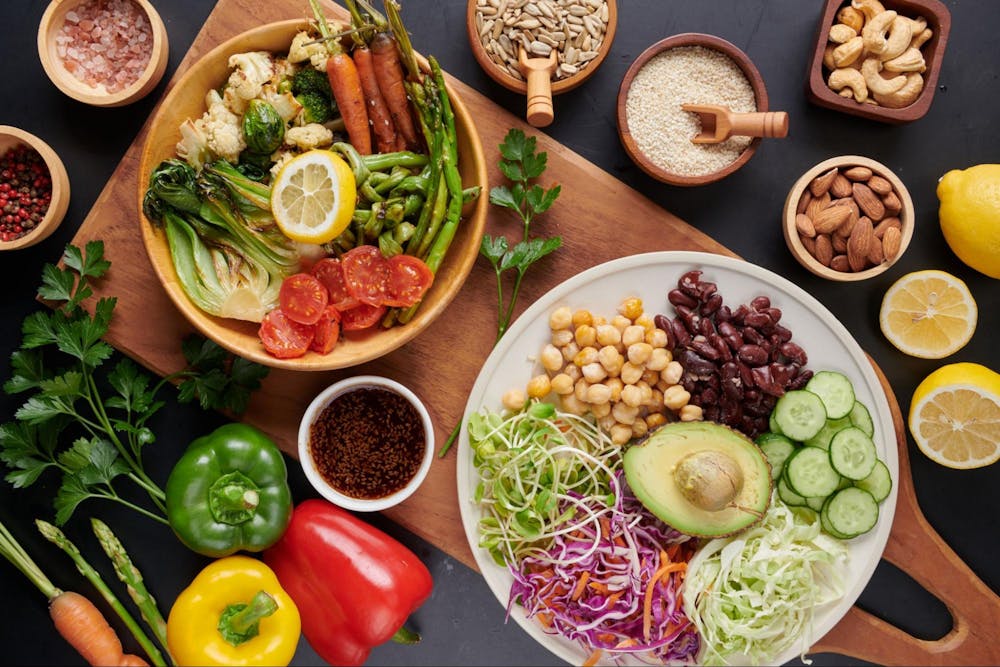
Also Read: COPD Myths and Facts, Clearing the Air - Reverse Factor
Nutritional Guidelines For COPD Patients
Carbohydrates
You should consume complex carbs, such as those found in whole grains, fruits, and vegetables. Reduce your intake of simple sugars and refined carbs like those found in candy, cookies, and white bread.
Fiber
To encourage regular bowel movements and good digestive health, aim for at least 20 to 30 grams of fiber each day. You can add nuts, seeds, legumes, as well as several fruits and vegetables to your special diet for COPD which are sources of soluble fiber.
Protein
You must consume enough protein to support muscle strength. Beans or peas are an excellent source of plant-based protein.
Good Fats
Pick healthy fats like those in almonds and seeds. Avoid consuming fried foods, fatty meats, and processed snacks that contain saturated and trans fats.
Vitamins And Minerals
You must consume plenty of colorful fruits and vegetables for a sufficient intake of vitamins and minerals. Colorful veggies like bell peppers, tomatoes, and carrots are also considered one of the best cancer reversing foods. Including good food items in your diet for copd and asthma can also prevent the risk of lung cancer.
Fluids
To stay hydrated throughout the day, consume a lot of liquids, preferably water. Alcohol and caffeine can dehydrate you, so make sure to limit your consumption of both.
Indian Diet Plan For COPD Patients
Nuts
The high nutritious content of nuts makes them advantageous for COPD sufferers. Protein, beneficial fats, fiber, and vitamins and minerals are all found in nuts and are all necessary for supporting the health of the lungs. Nuts are the healthiest foods for copd sufferers. A daily serving of nuts can help to improve lung health, lower the risk of respiratory infections, and reduce inflammation.
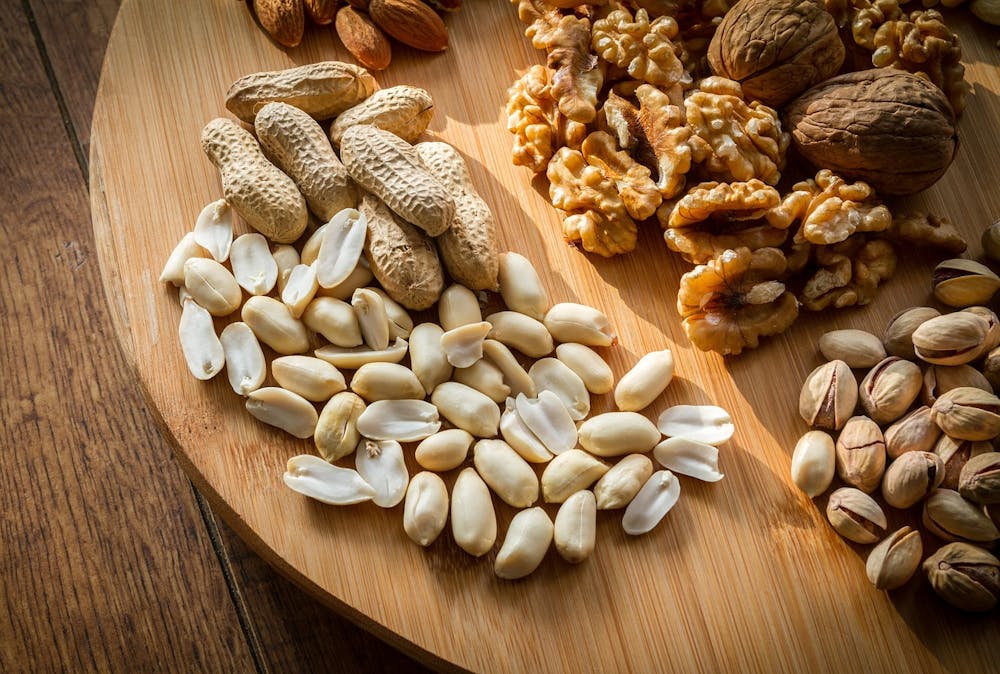
Whole wheat bread
Whole wheat bread or chapatti is another healthy food to include in the diet chart for copd patients. This bread is rich in fiber, which can help regulate your digestion and reduce the risk of constipation. It is also a good source of complex carbohydrates, which provide you with long-lasting energy and can help control your blood sugar levels. Whole wheat bread is also rich in vitamins and minerals like vitamin B6, magnesium, and selenium, all necessary for lung health. Its high fiber content reduces lung inflammation and improves lung function.
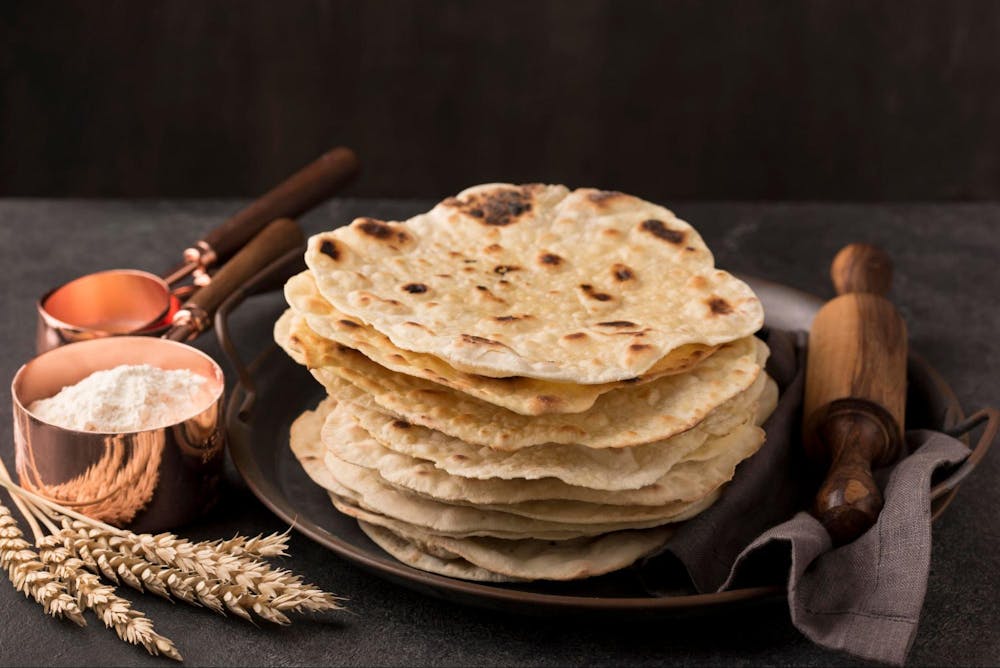
Brown rice
Brown rice is a great food choice for persons with COPD due to its many health benefits. It is a good source of selenium, magnesium, and vitamin B6, all of which are crucial for supporting healthy lungs. Brown rice's high fiber content can also help in reducing inflammation throughout the body, especially in the lungs. It can improve breathing and reduce COPD symptoms. Magnesium present in brown rice reduces the risk of heart failure. Hence, it is an ideal diet for copd and heart failure.
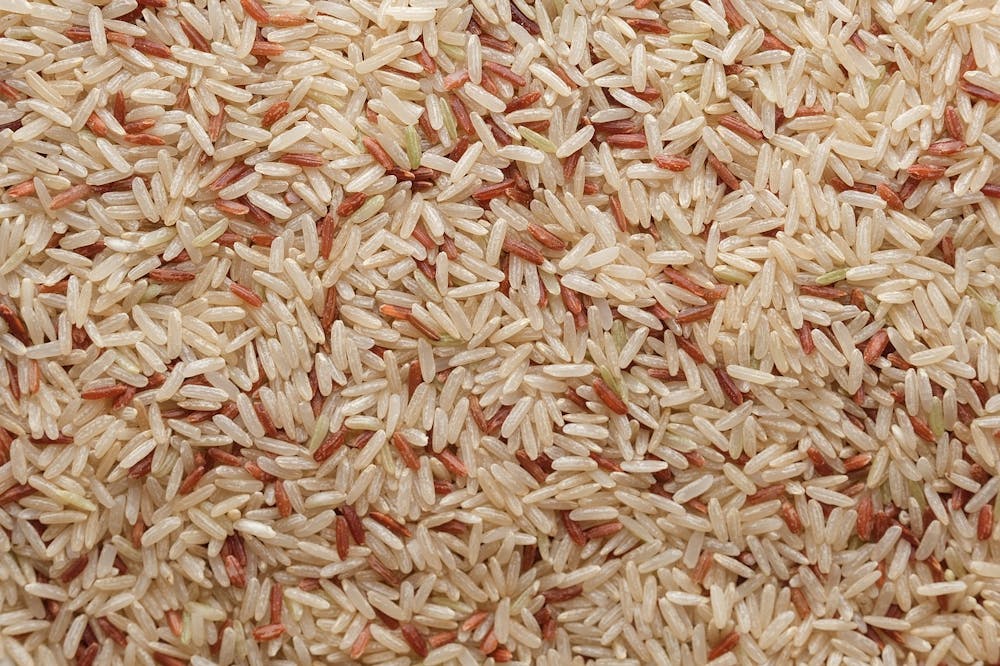
Green Peas
Green peas are recommended diet for copd patients because they are a nutrient-rich vegetable. Green peas are a rich source of fiber, protein, vitamins, and minerals. These vitamins and minerals can support general health and ideal lung function.
The high fiber content of green peas regulates digestion and lowers inflammation in the lungs. Consuming peas can be helpful for those who may experience gastrointestinal discomfort.

Makhana
Makhana, often referred to as fox nuts, is a wholesome snack that has long been a mainstay in Indian cuisine. It is one of the best anti inflammatory diet for copd. The anti-inflammatory and antioxidant qualities of makhana can help reduce lung inflammation. Makhana also has low salt and high potassium content, which can help in controlling blood pressure and reduce the risk of heart disease. Therefore, adding makhana to a diet of copd patient can help manage their symptoms and make their lives better.
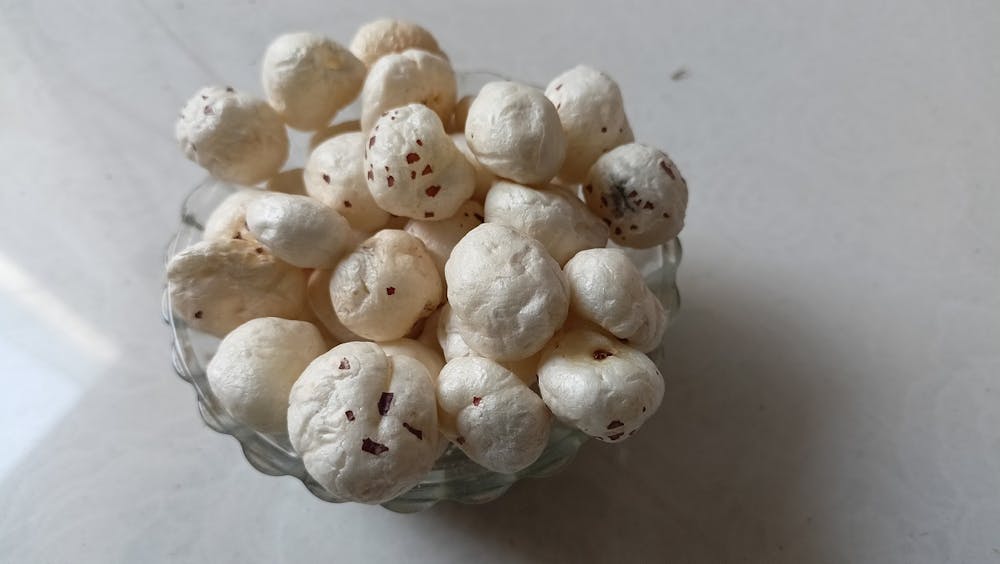
Fenugreek Seeds
Fenugreek seeds are a nutritional powerhouse that provides a variety of health benefits. These seeds are rich in anti-inflammatory substances that can improve respiratory function. According to research, consuming fenugreek seeds can help with mild asthma symptoms. It contains high levels of antioxidants, which can guard against oxidative stress and lung tissue damage. Moreover, these seeds can also improve digestion, lower blood sugar levels, and encourage weight loss in people with COPD.
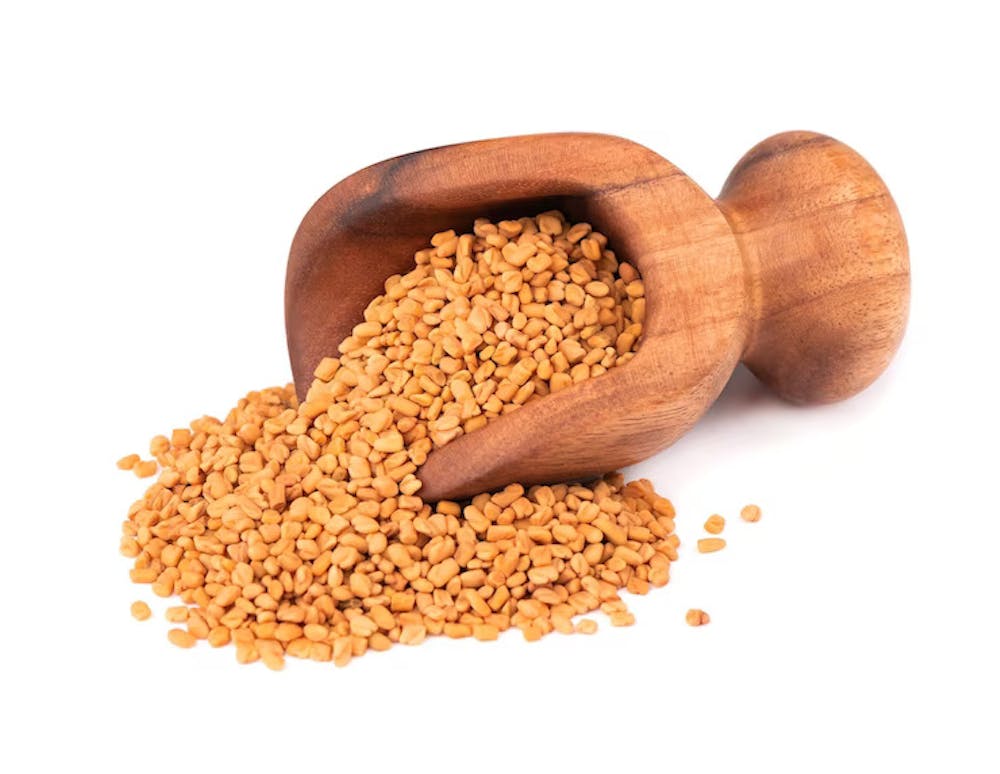
Ginger
Ginger used in Indian cuisine since ancient times and has been known for its powerful healing abilities. It is one of the most effective herbal treatments for people with chronic obstructive pulmonary disease. Its anti-inflammatory qualities can help reduce lung inflammation and improve respiratory function. Additionally, ginger includes compounds that relax muscles in the airways, which facilitates breathing. Adding ginger to the diet plan for copd patients might help them to reduce digestive issues.
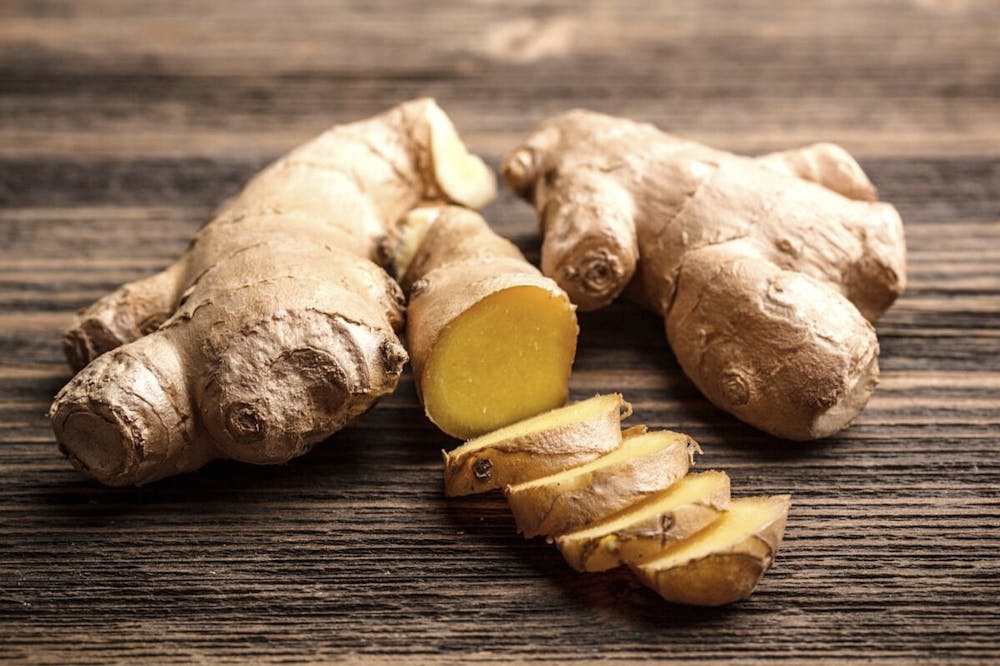
Turmeric
Turmeric is a vibrant yellow spice used in Indian cooking. It is not only a tasty addition to food but also the best diet for severe copd. A substance found in turmeric known as curcumin has strong anti-inflammatory qualities. This compund may help reduce lung inflammation and improve respiratory function. Curcumin is also a strong antioxidant that can prevent free radicals from harming the lung tissue. Studies on turmeric have shown that it can ease breathing by lowering mucus formation in the lungs.
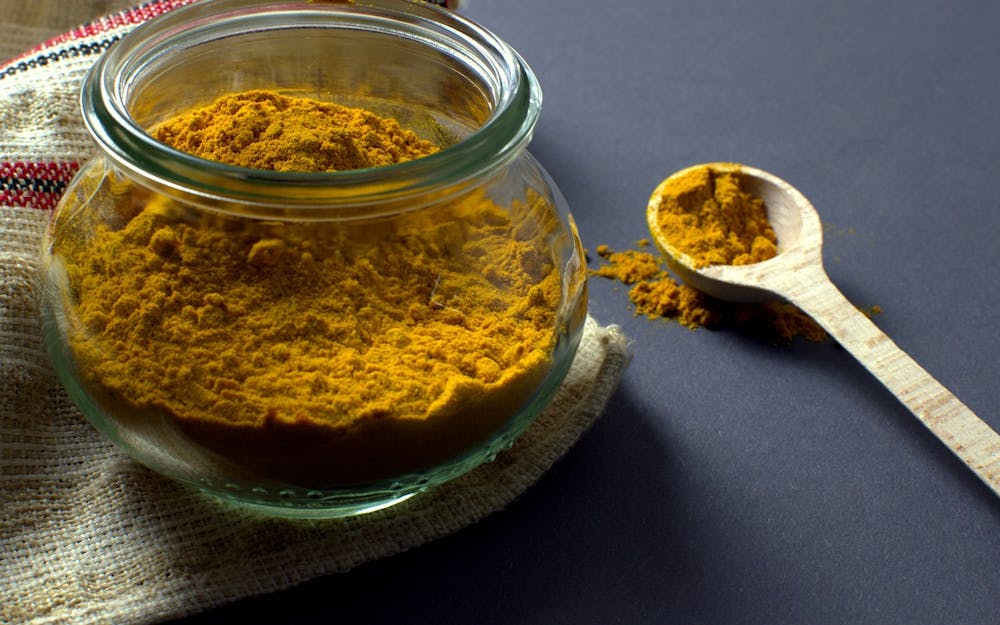
Important Copd Dietary Guidelines
- Pick meals that are simple to make. You don't want to be too exhausted to eat, so save your energy for eating.
- Take a nap before your meals so you can enjoy consuming food.
- To ensure that you have adequate energy for the entire day, try having your major meal as early in the day as possible.
- Don't eat foods that make you bloated or gassy as it can make breathing challenging for you.
- Take smaller bits of food and eat slowly.
Foods To Avoid In Your COPD Diet
Processed and fried foods:
Foods that have been processed or fried include harmful fats and calories that can lead to weight gain and aggravate the symptoms of COPD.

Salt and high-sodium foods:
People with COPD may experience fluid retention, increased blood pressure, and breathing problems as a result of eating too much salt.
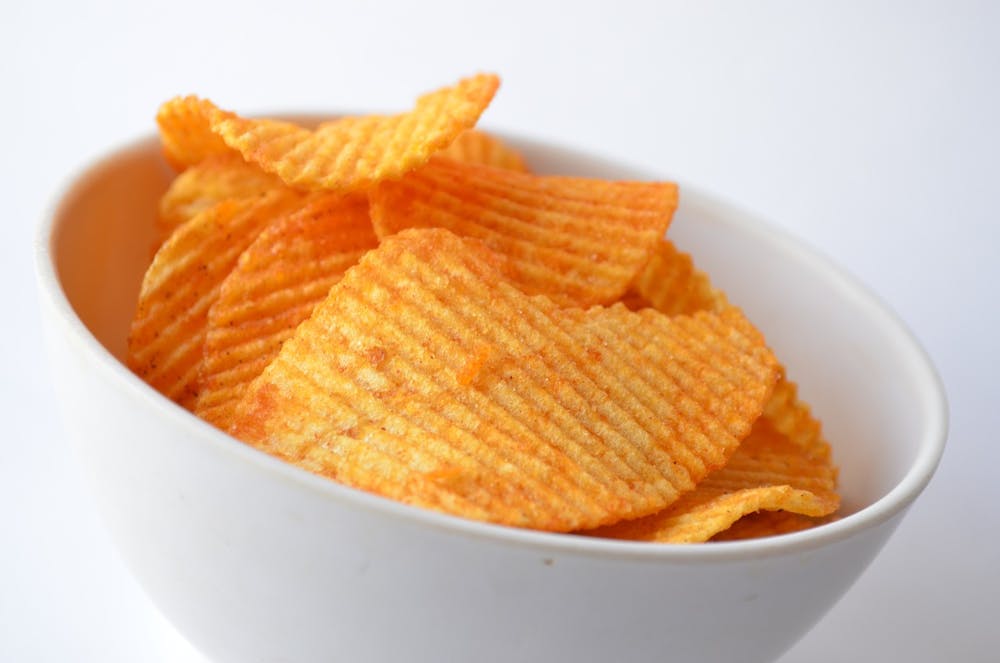
Sweets and sugary drinks:
These foods are heavy in calories and can lead to weight gain, which can worsen the symptoms of COPD. Drinking sugary drinks can also lead to dehydration which can make breathing more difficult.

Dairy products:
Some COPD sufferers may be hypersensitive to dairy foods. Thus, consuming dairy products can increase mucus formation and worsen breathing problems.

Caffeine and alcohol:
Caffeine and alcohol are irritants to the lungs and can make breathing difficult for those with COPD worse. You must avoid alcohol completely because it can also conflict with several drugs used to treat COPD.

Final Thoughts:
People with COPD can improve their quality of life and lung function by avoiding processed and high-sodium foods, sugary drinks, and other foods that might aggravate breathing problems. Instead, you should consume lots of fruits, vegetables, lean proteins, and healthy fats. You should practice exercise, and stress reduction techniques and get enough sleep to stay healthy. In simple words, you can take charge of your health and improve your breathing by changing your diet in copd and your lifestyle.
Frequently Asked Questions-
What Is The Best Diet For Copd Patients?
The healthiest diet for people with COPD is one that contains lots of fruits, vegetables, whole grains, nuts, seeds, and healthy fats.
What Foods Should Be Avoided With Copd?
People who have COPD should stay away from salty foods, fried foods, processed foods, sweets, sugary drinks, dairy products, caffeine, and alcohol. These foods may aggravate health issues and make your symptoms worse.
Should I Avoid Salt If I Have Copd?
Yes, people with COPD can experience fluid retention from eating too much salt, which makes breathing more difficult.
Could Dairy Products Make Copd Symptoms Worse?
Dairy products may cause a reaction in some people with COPD. It may increase mucus production and make breathing difficulties worse.
Is Caffeine Consumption Safe For Individuals With Copd?
Limiting or avoiding caffeine intake is the best option as it might irritate the lungs and make breathing problems worse.
Can Drinking Increase The Symptoms Of Copd?
It is advised to completely avoid alcohol. Consuming alcohol can irritate the lungs and interfere with several medications used to treat COPD.
Should I Stay Away From Sugary Foods And Beverages If I Have Copd?
Yes, sugary foods and beverages are high in calories and can lead to weight gain, which can make the symptoms of COPD worse.
Is It Important To Stay Hydrated If I Have Copd?
Dehydration can make breathing more difficult for those with COPD. So, staying hydrated is essential for people to stay healthy.
